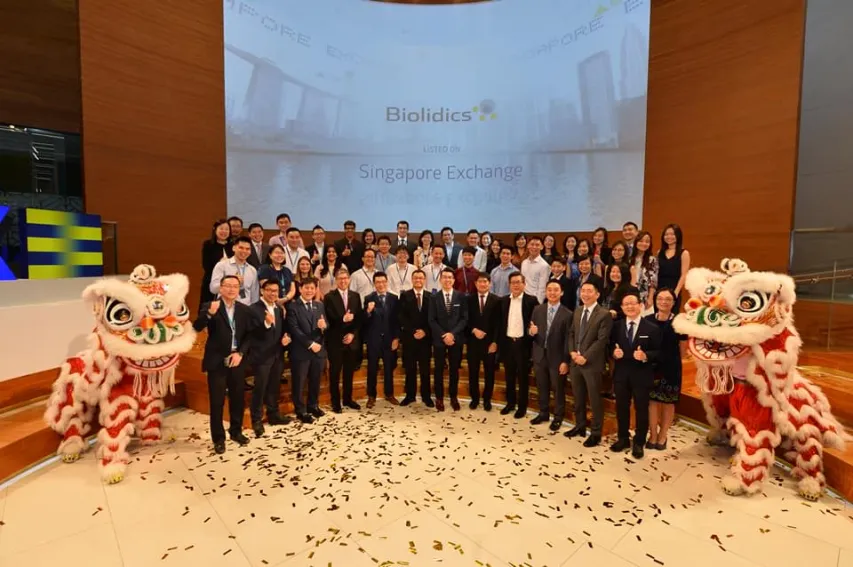
Biolidics calls for trade halt pending reimbursements for cancer tests
The fees related to the tests will be reimbursed by China’s National Healthcare Security Administration under its national basic medical insurance programme.
Medtech firm Biolidics has called for a trading halt pending a revised statement with clarifications on the reimbursements it is set to receive for cancer laboratory-developed tests (LDTs) in China, an announcement on the Singapore Exchange (SGX) revealed.
The Catalist-listed firm, which specialises in cancer diagnostic solutions, had earlier announced that the fees related to the LDTs offered to its laboratory partner, Hunan Agen Medicine Laboratory Technology Co., will be reimbursed by China’s National Healthcare Security Administration under its national basic medical insurance programme.
However, Biolidics clarified that the reimbursements will be for the cancer drug treatments, not the tests, and that such reimbursements have yet to be confirmed.
“The company wishes to clarify that Hunan Agen Lab will be providing the LDT to Hunan Cancer Hospital, which has obtained approval to commence clinical trials for the programmed death-ligand1 (PD-L1) in the administration of drug treatments,” Biolidics’ CEO and executive director Lew Kwang Ping said.
The clinical trials serve to improve patient selection to the targeted cancer drug treatment, as well as to show the efficacy of the combination treatment and changes in circulating tumour cells (CTCs) after drug administration.
Using a small amount of blood sample, the LDTs offered by Hunan Agen Lab have the potential for many applications throughout the various stages of a patient's cancer journey, such as cancer screening, cancer staging and post-cancer monitoring. The LDTs that utilises Biolidics’ technology subject cancer patients to minimal invasive procedures, improve clinical outcomes, and optimise cost and efficiency.
“Successful clinical trials could lead to the potential reimbursement of such cancer drug treatments by the National Healthcare Security Administration,” Lew noted.


















 Advertise
Advertise


